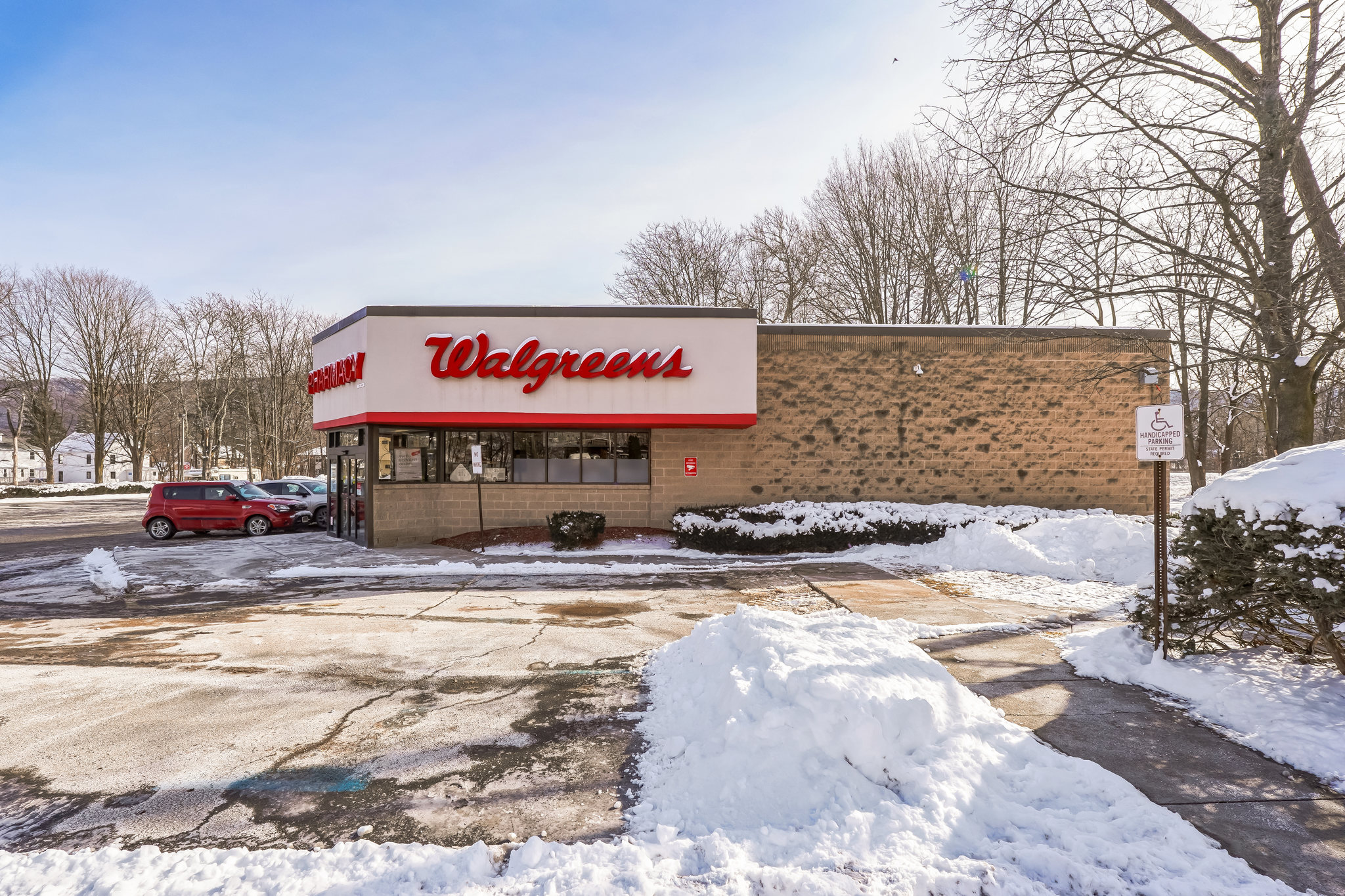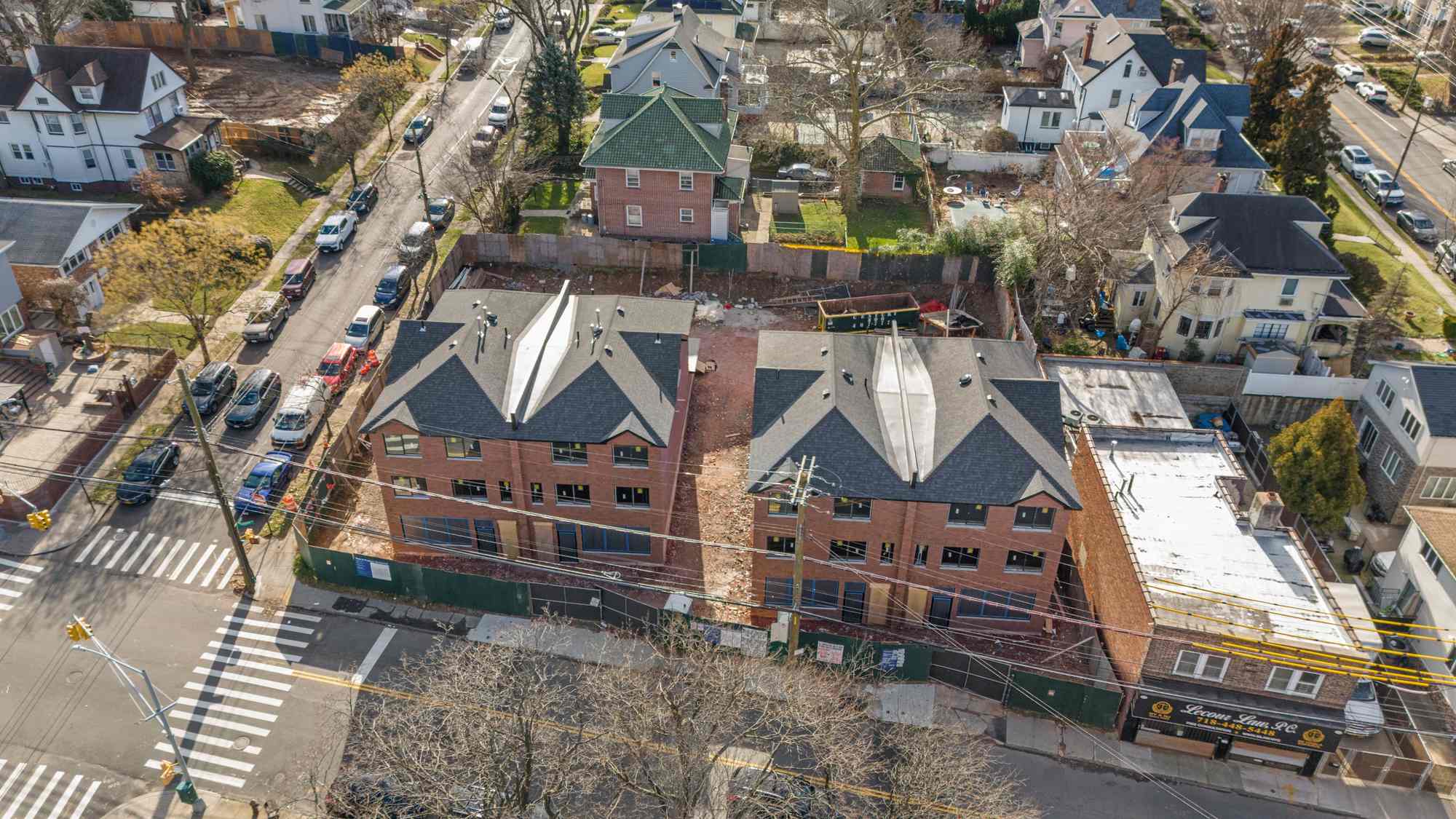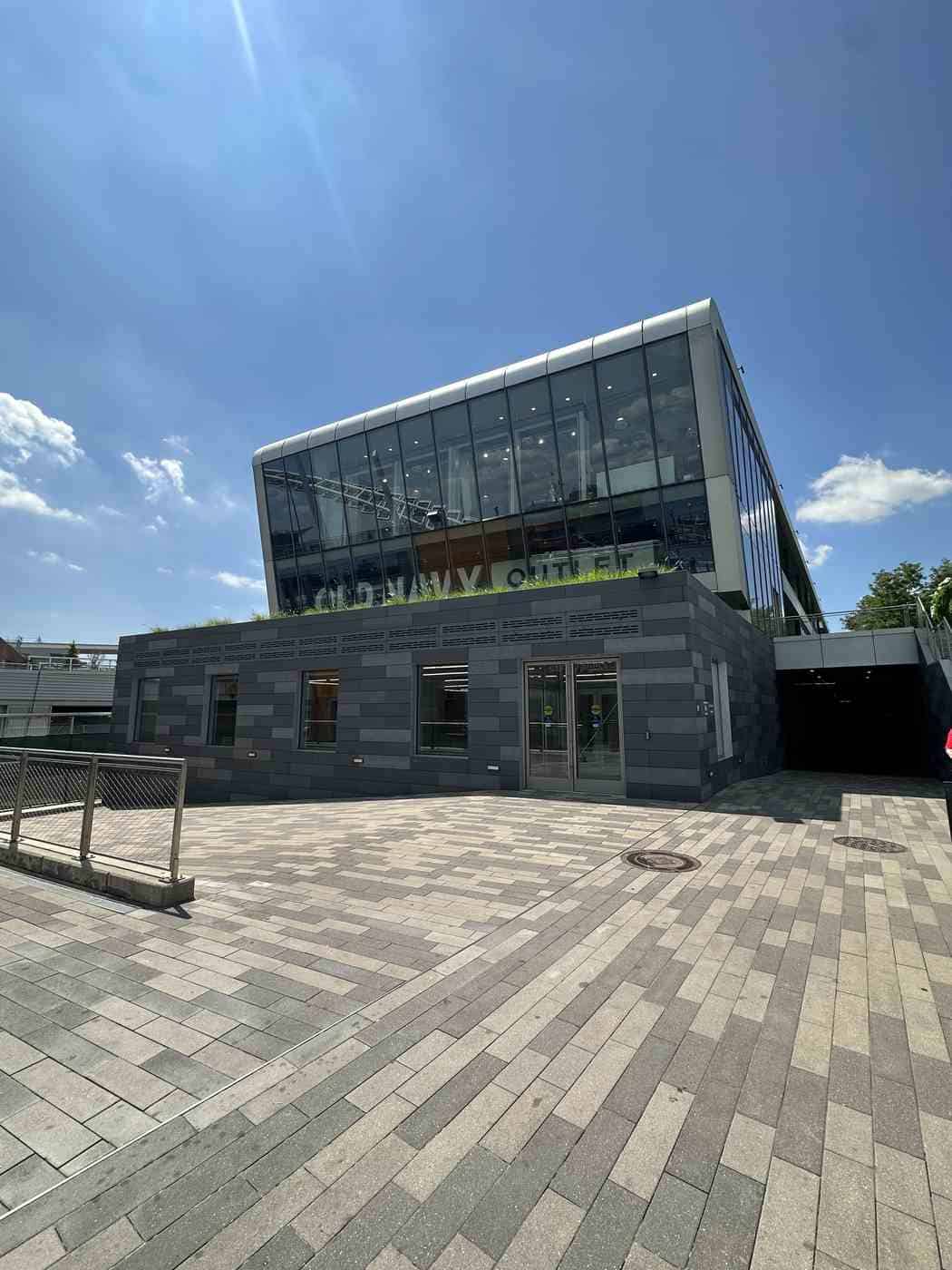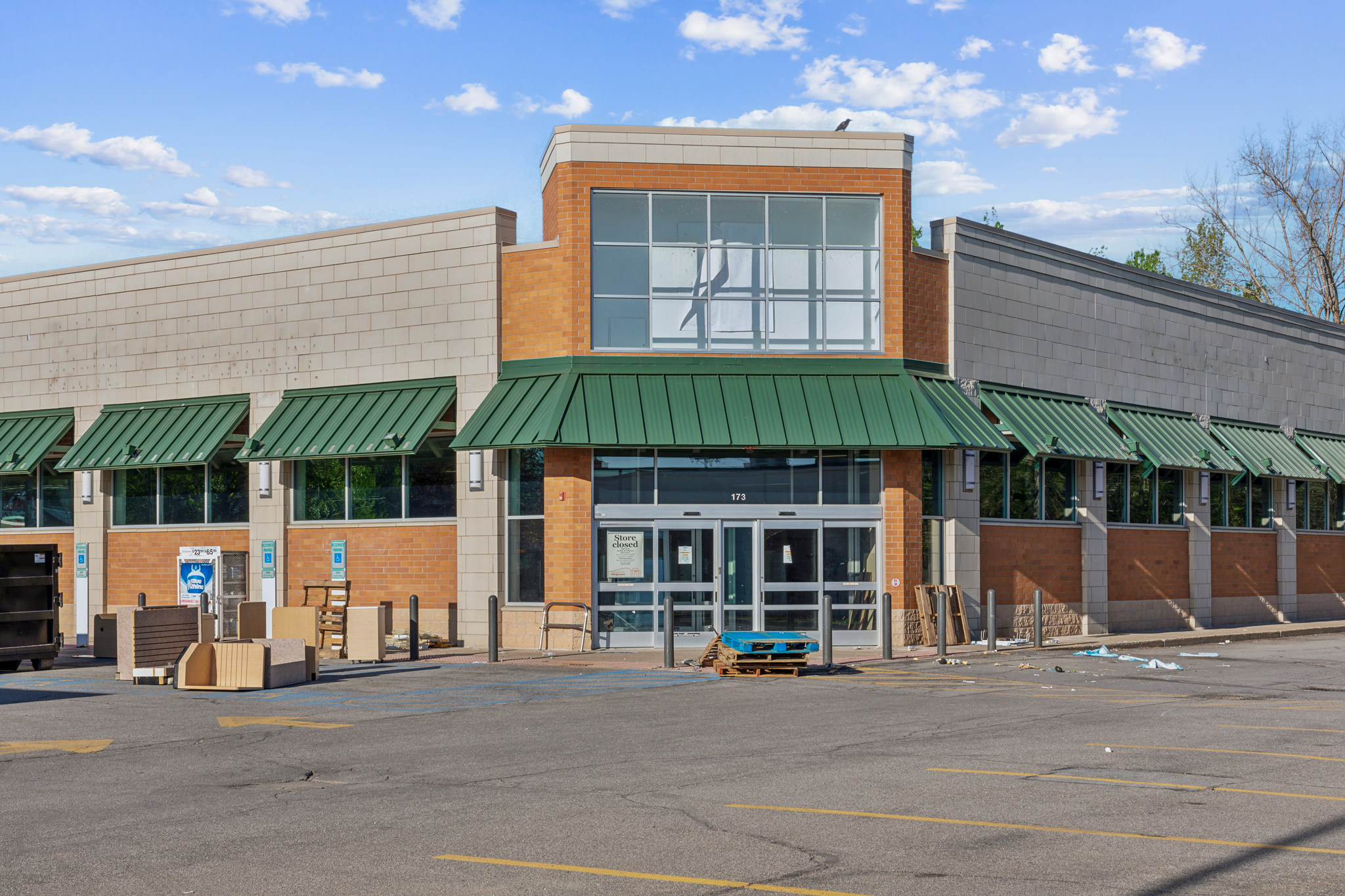A Home Inspection Defined
A home inspection is a visual overview of the entire home and exterior performed by a real estate inspector. Some may be licensed by the state, while others aren’t. No repairs will be made during this entire process. If any part of the home requires repair, you might need to contact a vendor who specializes in that particular space.
Here is a list of items that will be covered in the inspection:
- Roof and chimney (if applicable)
- Floors, walls, and ceilings
- Heating and air conditioning system
- electrical systems
- Plumbing
- Water damage
- Foundation
- Insects and pests
Why We Get Home Inspections
For the majority of us, the home, or if you live in Texas, loft apartments in Houston, will be the largest purchase you will ever make in this lifetime. It probably would be a good idea to have every corner and inch checked out by a professional before you go through with the purchase. An oversight could be extremely expensive. An inspector can notify you of any issues that you may need to rectify and offer peace of mind.
Situations that Might Merit You Forgo an Inspection
Remember when we stated that you should always purchase an inspection. Where there are also some scenarios that exist where you might decide you don’t need one.
- The owner already purchased one for themselves
- To be used as a negotiating tactic
In some cases, the current homeowner will want to get ahead to start on the repairs needed. Sometimes it’s an older home, or they want to get the uncertainty out of the way so they can sell the home quickly.
Maybe the home you just viewed already has an offer on it. You might tell the seller’s agent that you won’t have an inspection performed if they accept your offer. This will leave you open to purchasing a home with issues. Again, we wouldn’t recommend this.
What an Inspection Costs
The final cost will be based upon a certain set of circumstances.
- Size of home in square footage
- Location
- Age of home
Costs will vary, and your inspector can give you an estimate. They will usually cost between $200-$600. Many times the inspector may set a standard rate for say a 2000 square foot house, and increase it on a sliding scale.
There will be other additional costs if the home has a swimming pool and/if the house has a separate guest residence in the rear. The cost should not be factored into whether or not you decide to purchase an inspection. Let the inspector do their job and you will certainly have peace of mind.
Recommended Tips During
Our professionals recommend that you attend the inspection in person. While it’s not required and you will receive a report after it has been conducted, you will get to view the entire process. Be sure and keep your eyes open and your mouth shut. Many times an inspector will give you some details that may not appear in the report.
Also when he/she has completed the inspection, you may have time to ask some general questions to follow up on the condition of the home. Here are a few pertinent questions.
- Did you see anything in the home that is out of the ordinary
- When will you send me the inspection report
- If there are any potential items that warrant further discovery, what type of vendor should i contact for further inspection
What to Do After You Receive the Report
When you receive the report, you will notice a couple of different items.
- It should be long and thorough. Unless it’s a brand new home, expect a lengthy report highlighted with many details. All homes will have minor issues. We want to separate minor from major.
- You will be confused. Email or fax the report to your realtor. Don’t worry if you don’t understand everything in the report. You won’t be making any repairs yourself. Luckily we have Google to search and understand what is in the report.
Options after the Home Inspection
When you receive the inspection report, it will be time to make some important decisions.
- If you aren’t comfortable with the home as-is, you can have your realtor request that the seller make repairs.
- You have the ability to cancel the sale. Many home sales are held up because of poor inspection reports.
- You decide that you will proceed with the sale and are happy with the report.
The seller may offer you cash for repairs, or even lower the cost of the home to offset the amount needed for said repairs. Or it’s possible they won’t budge at all.
But you shouldn’t use the inspection report to enter in another negotiating phase. The only negotiations should revolve around what is in the report and who will be responsible for the repairs.
What to Take-away
- Remember the report will be thorough and in many cases gloomy. You will need to sort through what can be left as-is and what should be repaired as soon as possible.
- Make sure your realtor is present with you as the inspection is performed.
- If repairs are required, have your realtor assist you with the negotiation on what will be repaired before you close.
For more great articles on real estate, home improvement, inspections, and more check out the rest of our blog.







Leave a Comment